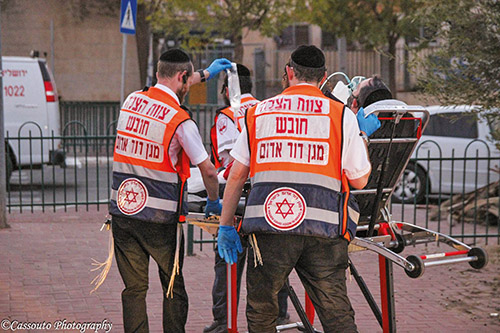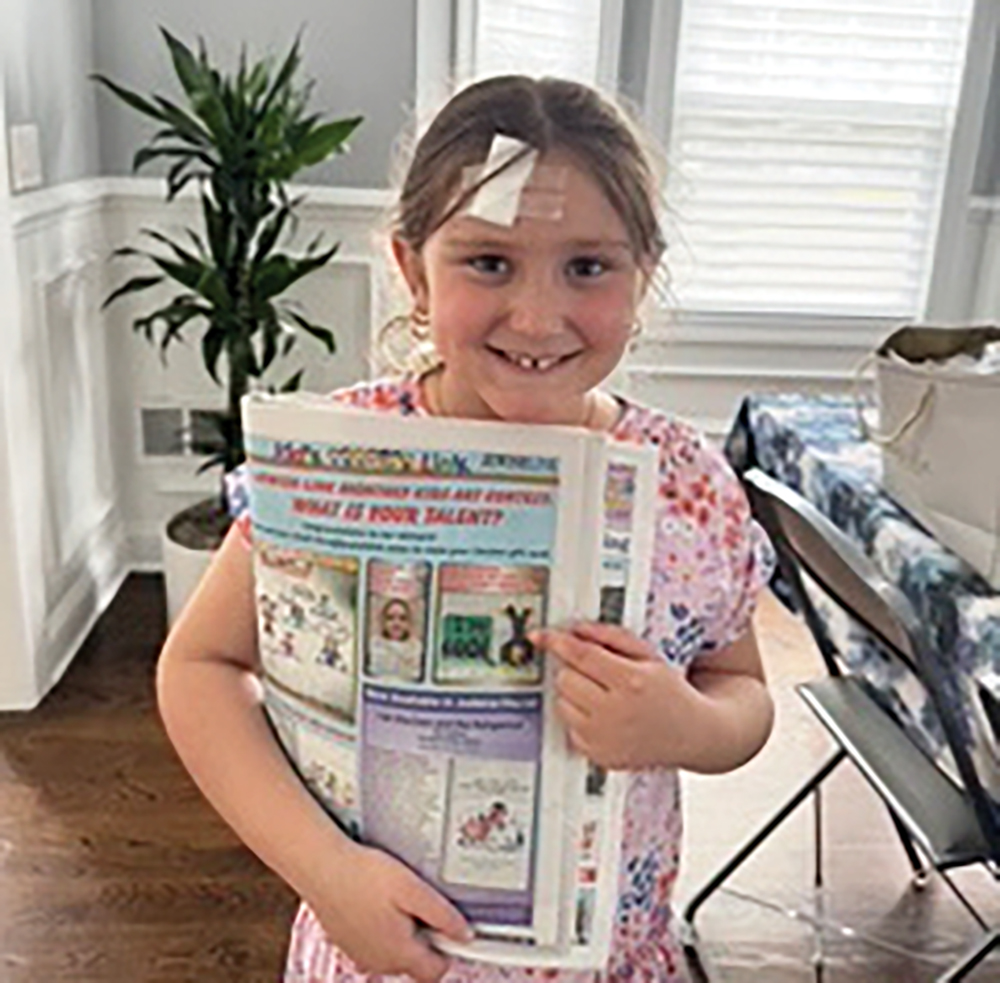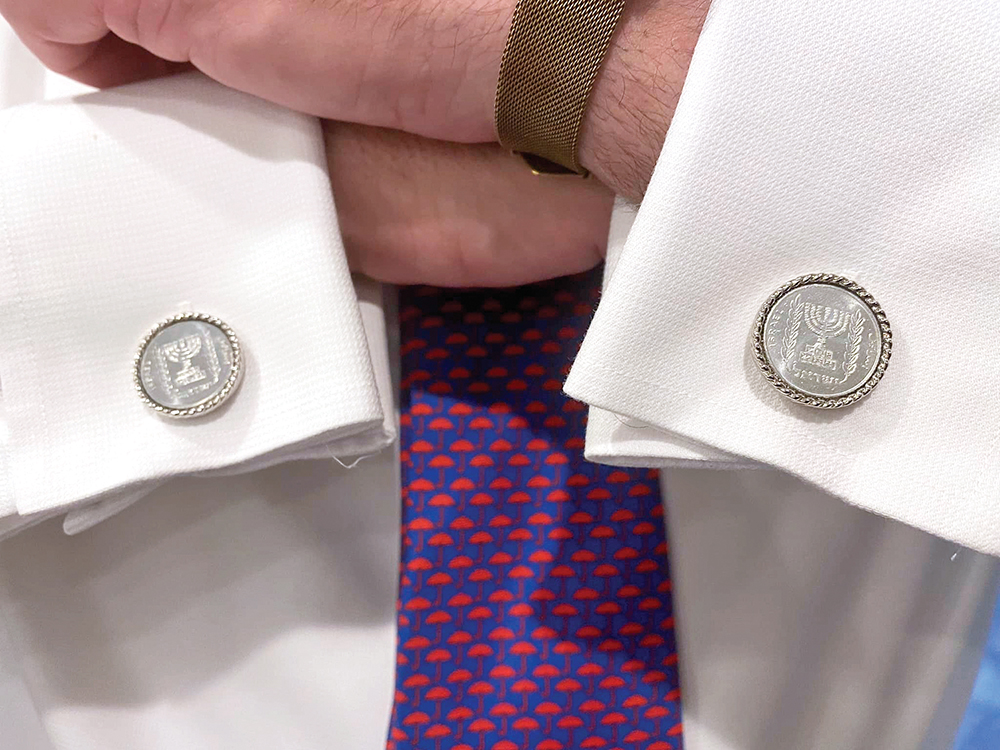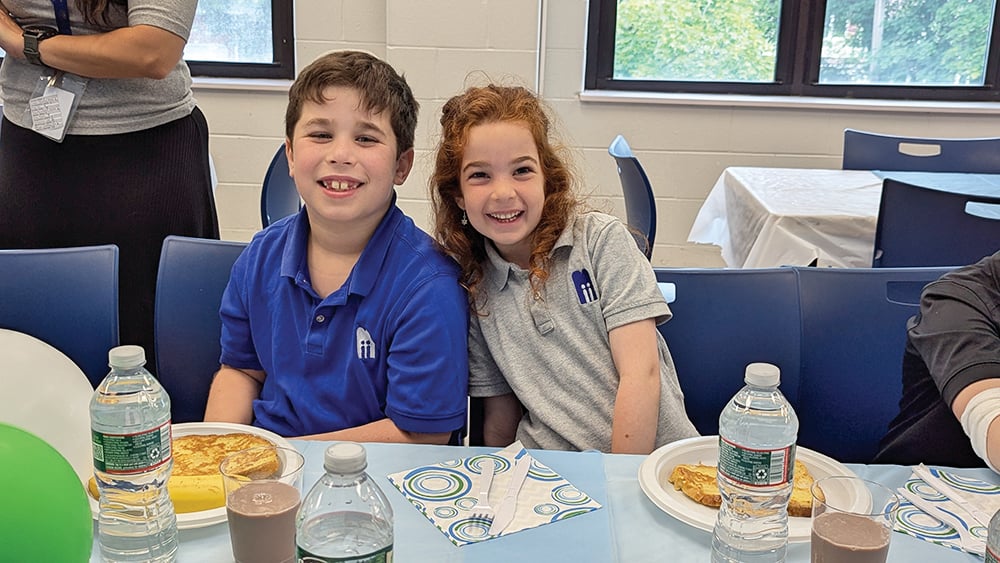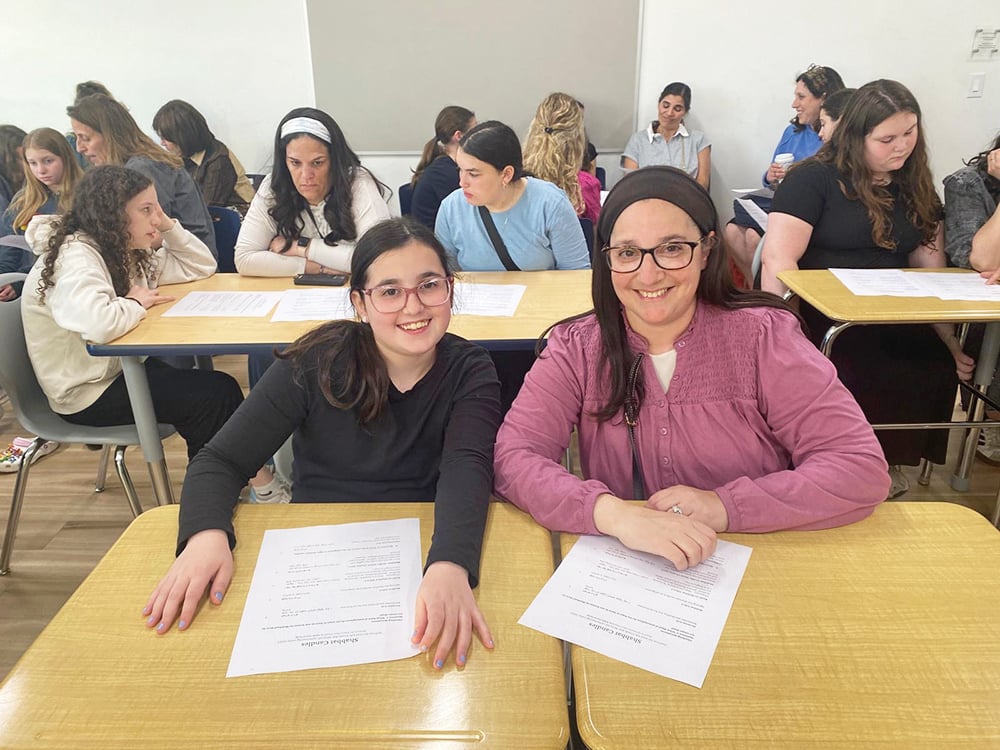

MDA leverages its experience responding to terrorism, rockets and other disasters to train American Hatzalah teams, while Israeli Hatzalah organizations form integral part of Magen David Adom’s roster of 27,000 EMTs and paramedics.
(Courtesy of AMFDA) Greater coordination between Magen David Adom, Israel’s paramedic and Red Cross service, and Hatzalah organizations, volunteer medical first-responder teams that primarily serve Jewish neighborhoods, has created what’s essentially a worldwide Jewish EMS network.
That relationship was perhaps best illustrated this past June when EMTs and paramedics from Hatzalah South Florida raced to the scene of a condo collapse in Surfside, Florida.
Few of Hatzalah South Florida’s EMTs had previously responded to a similar disaster. But they were confident in their ability to treat whoever might be extricated from the rubble, as they were trained two years earlier by Magen David Adom for this very type of scenario.
The hands-on training included intensive drills for responding to building collapses, replete with the need to pull volunteer actors from rubble to best simulate what would actually happen when people are trapped in debris.
“The training we had in Israel with Magen David Adom and the Israel Defense Forces gave us a level of confidence to face a situation we’ve never seen before in reality,” said Andre Roitman, a volunteer EMT and an executive director of Hatzalah South Florida. “MDA’s support and their partnership have meant that any time we need it, we can call them and within minutes we have a response.”
The relationship between the U.S.-based Hatzalah organizations and MDA has been mutually beneficial. With its vast experience dealing with rockets, terror attacks and other disasters, Magen David Adom has provided American Hatzalah members with training they otherwise might not be able to get in the States.
In exchange, American Hatzalah EMTs have trained to receive certification by Magen David Adom to work in Israel, providing MDA with an auxiliary workforce they can call on when there are emergencies in Israel, such as in May, when the country was beset by rocket attacks and riots.
“By having American EMTs fly over to assist us, we’re able to provide some relief to our own EMTs, who during crises often have to work back-to-back shifts,” said Uriel Goldberg, a Magen David Adom paramedic and instructor, who also serves as MDA’s liaison with the American Hatzalah organizations.
“The relationship between MDA and the Hatzalah organizations in the U.S. is a huge asset to MDA and the Israeli people,” he said. “Having additional competent hands at the ready can potentially make the difference in saving a life when we’re dealing with a nationwide crisis, such as rocket attacks.”
“As EMS organizations originally founded to serve Jewish neighborhoods, it’s only natural we would seek to have a collaborative relationship with Magen David Adom,” said Yehiel Kalish, chief executive officer of Chevra Hatzalah, the central coordinating group for Hatzalah organizations in New York.
“Given Magen David Adom’s preeminent role in Israel and the level of expertise they have in certain areas, such as multi-casualty response, working with them has afforded us advanced training and the potential to benefit from their many innovative protocols,” he said. “And it’s provided Hatzalah volunteers across the United States with the opportunity to forge a stronger connection with their fellow EMTs in Israel.”
But it’s not only in the States that Magen David Adom has forged strong bonds with Hatzalah groups. In Israel, more than 20 Hatzalah organizations, except for the United Hatzalah organization, are fully integrated into MDA—trained by them, equipped by them, dispatched by them, and in most cases treating and evacuating patients aboard Magen David Adom ambulances.
All EMTs registered with Israel’s Ministry of Health are dispatched by MDA under a 2017 ministry ruling.
“For Hatzalah organizations [in Israel], the current arrangement with Magen David Adom provides them with the best of both worlds,” said Gil Moskowitz, deputy director-general for operations at MDA, who serves as the organization’s liaison with the Orthodox rescue services in Israel. “On one hand, they serve as emergency medical responders in their own neighborhoods, providing the Orthodox residents with a level of comfort and familiarity they might not have with strangers coming to their homes.
“On the other hand,” he says, “it’s provided the Hatzalah organizations with vehicles, training, equipment, supplies and world-leading technology they wouldn’t otherwise have access to.”
But, by the same token, the relationship has also provided Magen David Adom with considerable additional human resources.
Of Magen David Adom’s approximately 1,200 ambulances and 650 first-responder motorcycles, about 30% are assigned for use by affiliated Hatzalah organizations serving Orthodox communities in Israel. In addition, about 7,000 of MDA’s 27,000 volunteer EMTs and paramedics are also affiliated with Hatzalah organizations.
That was clearly on display during MDA’s rapid response to the Lag B’Omer disaster at Mount Meron, in which 45 men and boys were killed in a human-crush incident while leaving the venue. At the beginning of the event, MDA already had hundreds of ambulances, EMTs and paramedics at the scene as a precautionary measure, numbers that quickly swelled once word of the disaster flashed across MDA’s dispatch network and the organization’s first-responder phone apps.
But, more than just providing Magen David Adom with additional EMTs and paramedics, the relationship with the Hatzalah organizations has provided MDA with entrée into communities that are often more trusting of their own neighbors.
“Because we’re members of the community, I think we can be more sensitive to concerns about modesty, privacy and adherence to halachah, which are important considerations here,” said Avraham Reichman, an EMT and chairman of Tzevet Hatzolah, a Jerusalem-based first-responder organization with more than 350 EMT volunteers.
“But, at the same time, we’re part of this much larger, better resourced EMS response network, enabling us to have better tools and equipment,” he added. “And, when there’s a medical emergency in the neighborhood or anywhere in the city, we operate as one big family, shifting personnel and resources wherever they’re needed to save the most lives.”
“When I arrive to a home in an emergency, it’s already a stressful situation for the family,” said Meir Ashkenazi, an EMT and ambulance driver and vice president of Hatzolah Darom in Israel. “Having someone there who’s a trusted and familiar face is also an integral part of treating the patient. If I can put a heart attack patient better at ease or say a prayer with them en route to the hospital, that has medical benefits too.”
To fully integrate fervently observant Jews and the Hatzalah organizations into Magen David Adom’s operations, Moskowitz said, accommodations had to be made, such as having special living arrangements in some of Magen David Adom’s 180 emergency medical stations, from where ambulances and EMTs are typically dispatched.
It’s also meant developing special technology that enables MDA’s cutting-edge first-responder apps to operate on kosher phones. But, as a result, observant EMTs and paramedics have the same capabilities as any other MDA first responder, can be instantly geolocated when they’re among the nearest EMTs to a medical emergency and can transmit live video feeds and patient data back to MDA’s national operations center.
“Whatever efforts we’ve made to enable observant EMTs to work at MDA, either directly or through one of our Hatzalah affiliates, it’s paid us back in dividends many times over,” Moskowitz said.
“It’s enabled us to provide ultra-Orthodox communities with EMTs and paramedics, people who are trusted within those neighborhoods. And it’s enabled us to engage a broader spectrum of Israeli society in our lifesaving work—to the benefit of everyone.”



